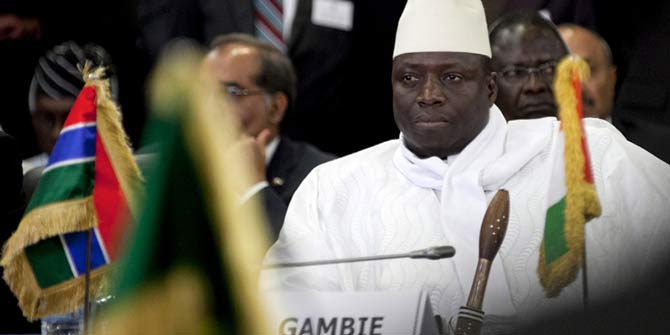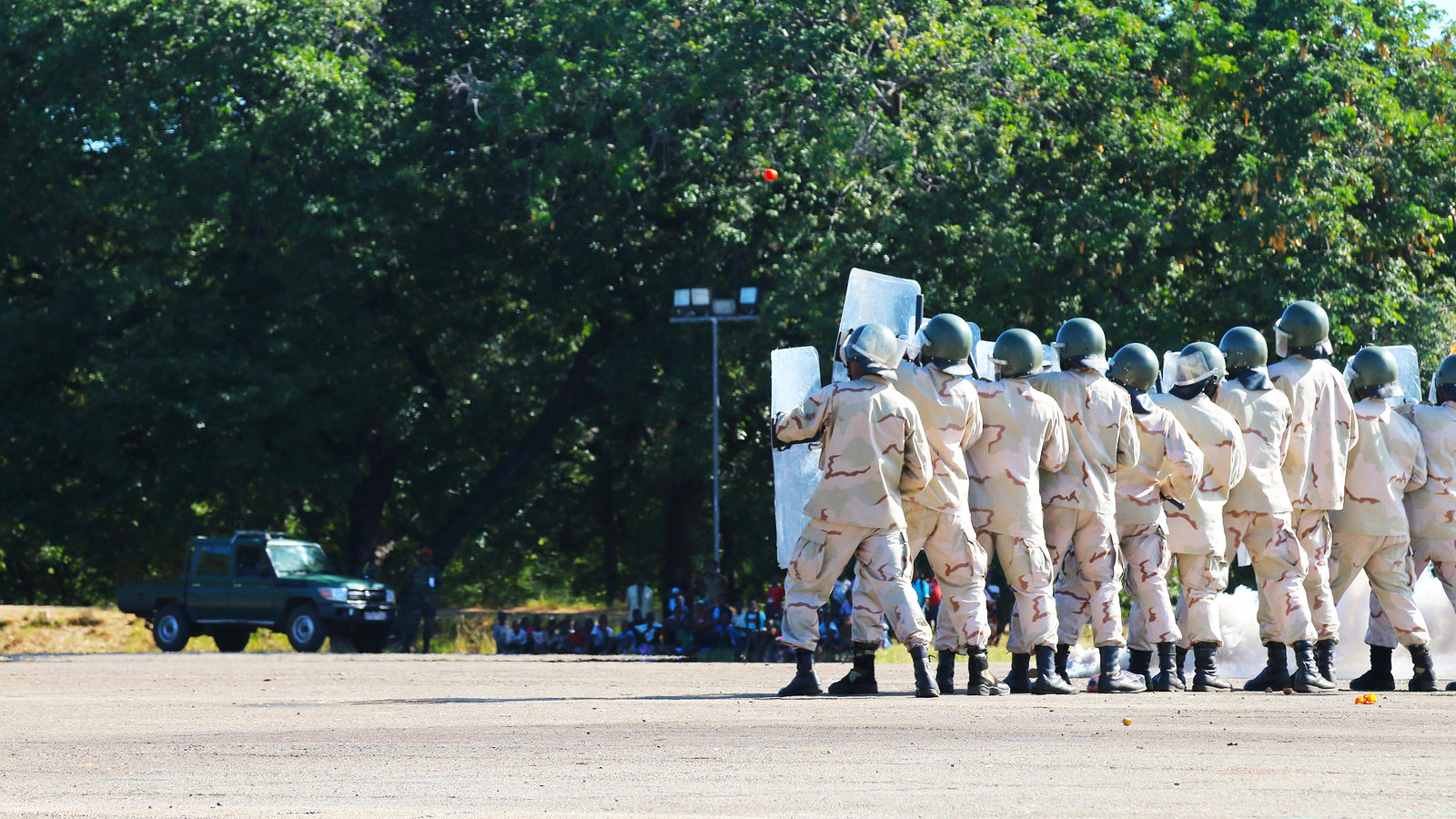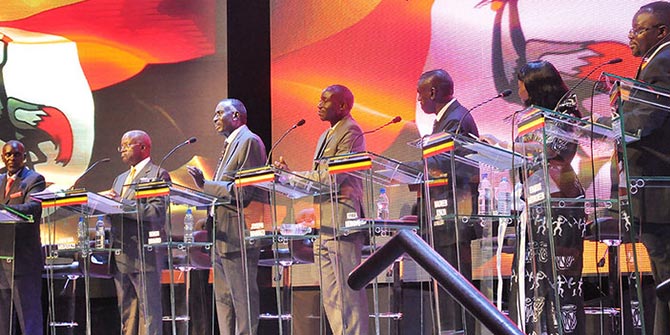Tanzanians were due to participate in a national referendum on 30 April; however, delays to biometric voter registration (BVR) led the vote to be postponed. The United Republic is now in limbo, with citizens wondering whether they will ever have a say on the constitution – or katiba. This Briefing Note and interactive timeline document a history of incoherent, disjointed and sometimes even contradictory constitutional amendments. Such reforms have failed to address the distribution of power within the Union – the subject of this piece by Nick Branson.
After three years of fractious debate over the basic law, Tanzanians might consider the proposed constitution something of an anti-climax. The document embraces continuity more than change. Most importantly, the government structure will remain as it has been since the Acts of Union in 1964.

It could have been different. The Warioba Commission, following extensive consultation with citizens and legal experts, recommended a three-tier government; one for mainland Tanzania, another for Zanzibar, and a smaller parliament for the Union. This would have reversed the historical trend whereby Bunge, the National Assembly in Dodoma, has assumed responsibility for an ever-increasing number of ‘Union matters’ (as opposed to matters which fall under the authority of devolved government). Initially limited to 11 core functions related to national security, finance and external affairs, the number of Union matters doubled in the 30 years following independence. Warioba recommended a reduction to 7, but the new katiba endorsed by the Constituent Assembly proposes 16.
The failure to establish a third tier of government will disappoint many from both parts of the Union, but for different reasons. Those on the mainland see no reason why Tanganyika should not have an autonomous government and parliament, just as Zanzibar does. Under the 1964 agreement, the Isles have their own dedicated president, cabinet and legislature, in addition to an independent judiciary where kadhi courts adjudicate on family matters applying the principles of Islamic law.
Yet many Zanzibaris believe that they remain a junior partner in the Union, and would prefer a fully-fledged federation. Under the new katiba, taxes on exports and tourism will continue to be collected by the national government; but some fear that this arrangement will be extended to newly-discovered gas reserves off the island of Pemba. This panic appears baseless as crude oil, petroleum and natural gas were removed from the schedule of Union matters of the proposed constitution. However, if the plebiscite succeeds and disputre erupts, it will fall to a new Union Affairs Commission, created under Article 128, to adjudicate.
A new katiba could also exacerbate tensions between different sects of religious conservatives. In 1993, Christians on the mainland scuppered plans by Zanzibar – where the population is 99% Muslim – to join the Organisation of the Islamic Conference (OIC). Article 76(ii) of the proposed constitution affords the government of Zanzibar “the ability and freedom to establish a relationship or partnership with any regional or international community or institution”. Would a future Christian president allow the Isles to explore a relationship with the OIC?
This post was first published on the Africa Research Institute blog.
Part II in this series considers how the proposed constitution risks exacerbating tensions between the executive and legislature, and outlines how the political parties are likely to benefit and will be published on Wednesday.
Nick Branson is a Senior Researcher at the Africa Research Institute. Follow him on Twitter @NHBranson.
The views expressed in this post are those of the author and in no way reflect those of the Africa at LSE blog or the London School of Economics and Political Science.





